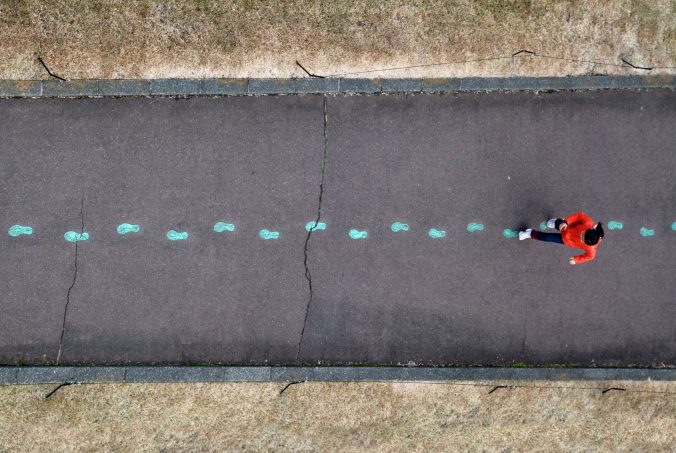In class today we discussed the film Most Likely To Succeed. This film raises a lot of questions about reimagining education and implementing inquiry.
I believe education does need to be reimagined. As was discussed in the film and in class today, our education systems or rather our methods of education are outdated. Schooling was designed around the needs of the industrial revolution. The purpose was to train people to have specific skill sets in order to work in factories. With technology progressing the needs of society are changing. Factories are being primarily operated by machines. Individuals now require more skills in critical thinking, creative thinking, and problem solving. Furthermore, I believe in moving away from the capitalist view of education where the goal is preparation for employed or “the real world”. Elementary education should/could be a guided exploration of the world around our students, allowing them to grow as individuals and as a community.
Educators face many obstacles when trying to make progressive changes to pedagogy. The evident obstacles are parents and administrators that don’t see the value in more inquiry-based education. They may feel that the way they were educated is the only way to be adequately prepared for life in a competitive and very individualistic society. Educators also face the challenge of trying to change pedagogy within a system built on old ideas of education. As was discussed in the film, teachers that tried to bring change to their schools have to face the reality that the education system still values test scores over everything. Students were not interested or concerned in learning new skills and freely exploring topics, they were concerned about passing final exams with high enough grades to be accepted to universities. It is difficult to truly implement change when the values of our systems aren’t changing too.
I am excited that throughout the PDPP we have been discussing inquiry a lot. Had this approach been in place when I was younger I think I would have enjoyed school much more, and probably gotten a lot more out of it. The older adults in my life that I have talked about this new approach with have expressed that they share the same sentiment. Although there are evidently still many obstacles to overcome, but it is encouraging nevertheless.
Below I have linked a podcast discussing a similar school to the one in the film. It’s called Revolution School!
Revolution School: When “Reimagining School” Actually Happens
I wonder what the views of older generations are on this type of education? Have you discussed inquiry-based education with older people in your life? How do they feel about it?
